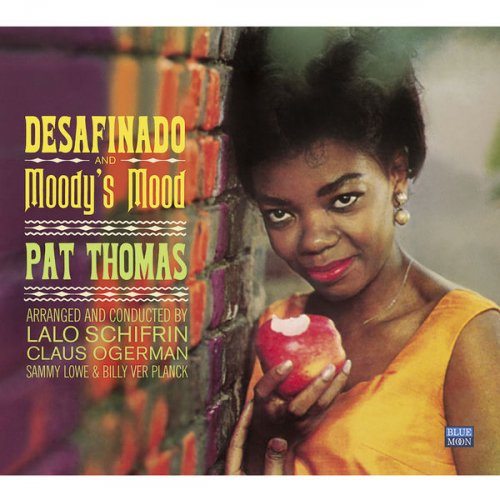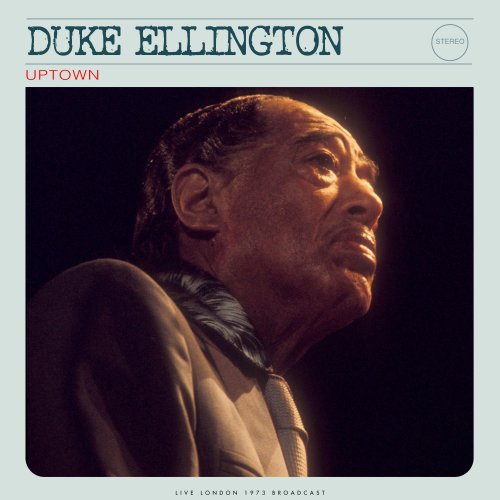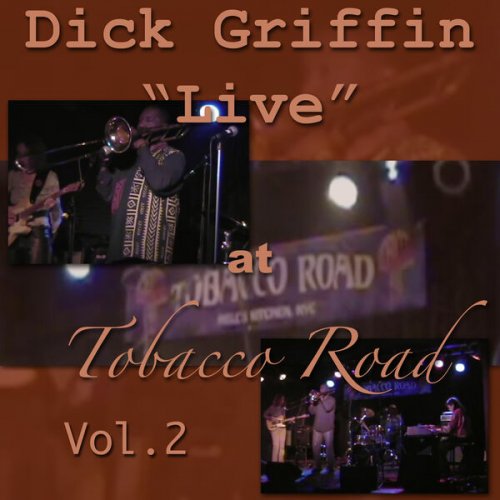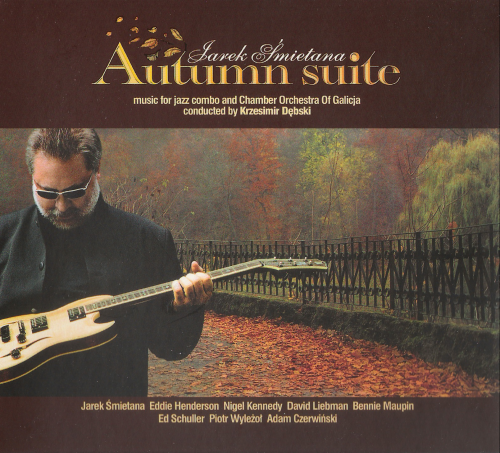Field Report - Marigolden (2014)

Artist: Field Report
Title Of Album: Marigolden
Year Of Release: 2014
Label: Partisan Records
Genre: Folk, Americana, Indie Rock
Quality: 320 / FLAC
Total Time: 46:18 min
Total Size: 106 / 267 MB
Tracklist:
01 Decision Day
02 Home (Leave The Lights On)
03 Pale Rider
04 Cups And Cups
05 Ambrosia
06 Wings
07 Marigolden
08 Michelle
09 Summons
10 Enchantment
The body remembers what the mind forgets,” Chris Porterfield reminisces on his acclaimed band Field Report’s sophomore record, Marigolden. The record is strewn with references to the inevitable tolls taken by the passage of time, and prolonged distance from home and loved ones.
The past couple of years have flashed by for Porterfield, who was thrust into the spotlight after years of musical reclusion. His Milwaukee-based band, Field Report (an anagram of his surname), was culled together in the studio while recording their 2012 self-titled debut. They suddenly found themselves championed by their former idols: offered support tours by Counting Crows and Aimee Mann, lauded by the likes of Mark Eitzel and Richard Thompson, and covered by Blind Boys Of Alabama.
The band honed itself from a septet to a quartet in the year that followed, focusing its sound and tightening the screws. With a heavy batch of songs under their arms, they retreated to snowy Ontario in December 2013 to record their sophomore album, Marigolden, with the help of producer Robbie Lackritz (Feist).
Spending two years roaming around the country playing tiny venues and sold-out amphitheaters alike, Porterfield was uncertain whether he was leading the charge toward an artistic epiphany or headed down a misguided path of self-destruction. Marigolden reflects this, as he ruminates across homesick tension and an un-grounded anxiety. But rather than wallow in melancholy, Porterfield finds solace and inspiration through his songs, which reveal themselves as uplifting and celebratory. The album is brighter than their 2012 debut, but somehow remains just as elegantly ominous.
Marigolden’s second track, the surprisingly catchy radio single “Home,” finds Porterfield on the road, hoping the home, wife, dog, and life he left behind in Milwaukee will still be there upon his return. “Leave the lights on,” he asks, “it might be nighttime when I get there, but I’m on my way home.” While the song contemplates lonesomeness, there is an undeniable sense of hope driving it. In “Summons,” the penultimate track, he recalls this thought, repeating, “I’ll be coming home to you” like a mantra. This sense of balance and symmetry across the album helps provide stability to the otherwise volatile themes. Case in point: the album starts with a sunrise in “Decision Day” and ends full circle with another in “Enchantment.”
Whether reconsidering sobriety in “Pale Rider,” sticking to tonic water in the bars of “Summons,” or cashing in a 30-day chip for a kiss in “Enchantment,” Porterfield’s relationship with alcohol runs through the current of nearly every song. Most notably in “Ambrosia,” where he find himself face to face with the reality of where his drinking is destined to lead.
The album runs the musical gamut, from the Traveling Wilburys-esque pop of “Home,” to the Neil Young-inspired piano ballad “Ambrosia,” to the electronic sonic landscape of “Wings.” While the compositions express a wide range in terms of genre, they find unity in themselves within the limits of self-imposed minimalism. In the studio, the songs were stripped down to the bones and built back up using only their essential elements.
Sequestered in a seemingly never-ending Ontario blizzard, the band only broke from this musical process to add logs to the stove, with the snow and the fire providing a proper background for music so rooted in the elemental. The effect that this fundamentals-based approach achieves is universal: the sparse arrangements and common themes speak to everyone, but somehow feel tailored to each listener. The title itself reflects this, a portmanteau of two common images (marigold and golden) to create something that feels both idiosyncratic and familiar: Marigolden.
The past couple of years have flashed by for Porterfield, who was thrust into the spotlight after years of musical reclusion. His Milwaukee-based band, Field Report (an anagram of his surname), was culled together in the studio while recording their 2012 self-titled debut. They suddenly found themselves championed by their former idols: offered support tours by Counting Crows and Aimee Mann, lauded by the likes of Mark Eitzel and Richard Thompson, and covered by Blind Boys Of Alabama.
The band honed itself from a septet to a quartet in the year that followed, focusing its sound and tightening the screws. With a heavy batch of songs under their arms, they retreated to snowy Ontario in December 2013 to record their sophomore album, Marigolden, with the help of producer Robbie Lackritz (Feist).
Spending two years roaming around the country playing tiny venues and sold-out amphitheaters alike, Porterfield was uncertain whether he was leading the charge toward an artistic epiphany or headed down a misguided path of self-destruction. Marigolden reflects this, as he ruminates across homesick tension and an un-grounded anxiety. But rather than wallow in melancholy, Porterfield finds solace and inspiration through his songs, which reveal themselves as uplifting and celebratory. The album is brighter than their 2012 debut, but somehow remains just as elegantly ominous.
Marigolden’s second track, the surprisingly catchy radio single “Home,” finds Porterfield on the road, hoping the home, wife, dog, and life he left behind in Milwaukee will still be there upon his return. “Leave the lights on,” he asks, “it might be nighttime when I get there, but I’m on my way home.” While the song contemplates lonesomeness, there is an undeniable sense of hope driving it. In “Summons,” the penultimate track, he recalls this thought, repeating, “I’ll be coming home to you” like a mantra. This sense of balance and symmetry across the album helps provide stability to the otherwise volatile themes. Case in point: the album starts with a sunrise in “Decision Day” and ends full circle with another in “Enchantment.”
Whether reconsidering sobriety in “Pale Rider,” sticking to tonic water in the bars of “Summons,” or cashing in a 30-day chip for a kiss in “Enchantment,” Porterfield’s relationship with alcohol runs through the current of nearly every song. Most notably in “Ambrosia,” where he find himself face to face with the reality of where his drinking is destined to lead.
The album runs the musical gamut, from the Traveling Wilburys-esque pop of “Home,” to the Neil Young-inspired piano ballad “Ambrosia,” to the electronic sonic landscape of “Wings.” While the compositions express a wide range in terms of genre, they find unity in themselves within the limits of self-imposed minimalism. In the studio, the songs were stripped down to the bones and built back up using only their essential elements.
Sequestered in a seemingly never-ending Ontario blizzard, the band only broke from this musical process to add logs to the stove, with the snow and the fire providing a proper background for music so rooted in the elemental. The effect that this fundamentals-based approach achieves is universal: the sparse arrangements and common themes speak to everyone, but somehow feel tailored to each listener. The title itself reflects this, a portmanteau of two common images (marigold and golden) to create something that feels both idiosyncratic and familiar: Marigolden.
mirror





![Palle Mikkelborg, Claus Ogerman, Thomas Clausen Trio, Singapore Symphony Orchestra & Jean Thorel - Symbiosis · Tribute to Bill Evans (2026) [Hi-Res] Palle Mikkelborg, Claus Ogerman, Thomas Clausen Trio, Singapore Symphony Orchestra & Jean Thorel - Symbiosis · Tribute to Bill Evans (2026) [Hi-Res]](https://www.dibpic.com/uploads/posts/2026-01/1768323882_folder.jpg)


